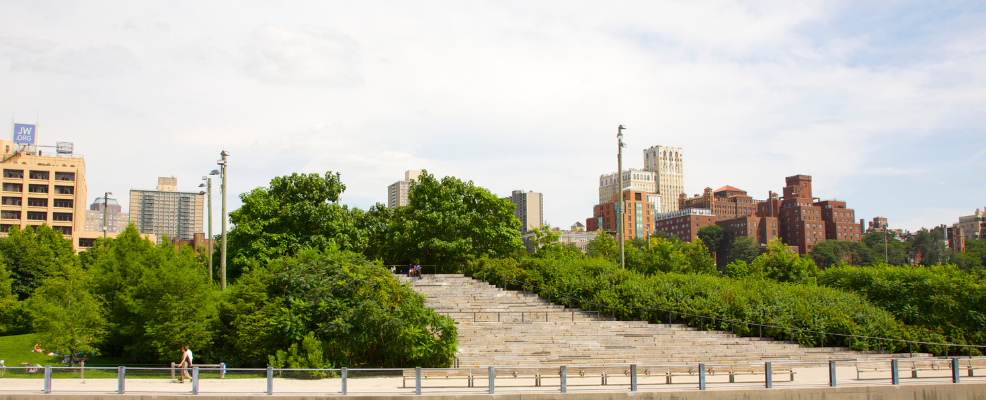Buying a home in New York City is so one-of-a-kind that it even has its own lingo. Most of it pertains to the properties themselves, or the buying process. As an Expert agent, you speak this language, but it’s important for your clients to speak it too.
Our handout on Key Terms in the NYC Buying Process defines over 25 terms, from “common charges” to “debt-to-income ratio” to “flip tax.” Provide it to clients who may be new to the NYC real estate market or just need some extra clarification.
The terms include:
- Co-op
- Condo
- Condop
- Co-op board
- Maintenance fees
- Common charges
- Land lease
- Sponsor unit
- Prewar
- Pied-à-terre
- Pre-qualification
- Pre-approval
- Cash
- Financing
- Financial statement
- Debt-to-income ratio
- Appraisal
- Lien search
- In contract
- Contract deposit
- Final walkthrough
- Contract of sale
- Closing costs
- Mansion tax
- Flip tax
- Power
PREVIEW:
Co-op
When you buy a co-op, you don’t actually own your specific unit. Instead, you own shares of a co-op corporation that owns the building. The larger your apartment, the more shares you own within the corporation. Co-ops are usually less expensive than condos and have a strict approval process. Co-ops, for the most part, do not allow investors. Co-ops charge maintenance fees each month that cover things like utilities, insurance, and staff salaries.
Condo
Condominiums are “real” properties. Each individual unit has its own deed and its own tax bill. You own it free and clear, though like a condo anywhere, you are subject to the terms, rules, and regulations of the condo board’s governing documents. Condos also have monthly charges that cover building operating costs and management fees, shared with other residents.
Maintenance fees
Operating costs for a co-op building that owners are required to pay. This includes taxes, insurance, mortgage, management staff salaries, gas, heat and hot water, etc.
Common charges
The condo equivalent of maintenance fees.
Land lease
A building whose land is leased, generally for long terms (50 to 99 years). Unit owners pay a land rent, which is wrapped into maintenance fees, generally according to the number of shares associated with each unit.



